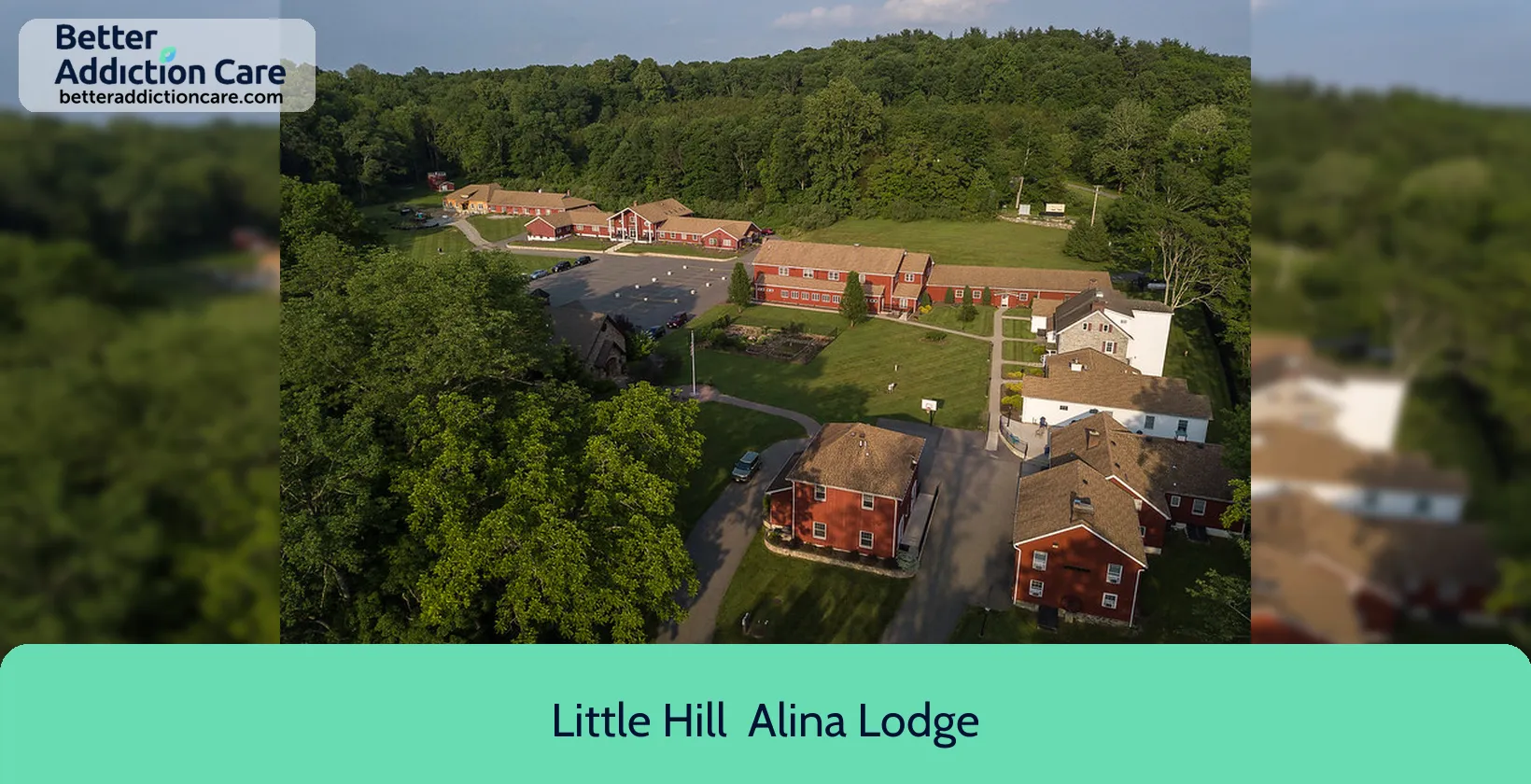Alcohol Intervention: Definition, Signs, Types, Steps, Challenges and Risks, Treatments
Alcohol intervention is a structured approach designed to confront and assist individuals exhibiting harmful drinking behaviors, with the goal of guiding them toward professional treatment. According to the National Institute on Alcohol Abuse and Alcoholism (NIAAA), nearly 29.5 million people aged 12 and older had alcohol use disorder in the U.S. in 2021, a condition that often goes untreated due to denial or lack of awareness. Interventions are critical tools in addressing this gap by creating opportunities for recognition, accountability, and support. These strategies typically involve friends, family, or healthcare professionals and are most effective when planned carefully and executed with clinical or therapeutic guidance.

Recognizing the signs that indicate a need for an intervention—such as chronic health issues, erratic behavior, or professional and relational decline—is essential for early action. Understanding the different types of interventions, from classic confrontational models to more invitational or systemic approaches, helps determine the most suitable method for the individual.
The process of conducting an intervention includes preparation, planning, execution, and follow-up—each step vital to ensuring effectiveness and minimizing emotional harm. This article also explores the challenges and risks associated with alcohol interventions, including emotional backlash and resistance, and outlines evidence-based treatment options such as behavioral therapy, medication-assisted treatment, and long-term care planning.
Which Are the Signs that Someone Needs Intervention for Alcoholism?
The acknowledgment that someone may be having a problem with addiction and, hence, possibly in need of intervention could serve as the first step in the path of getting the necessary support. The signs can be as simple as increased use of alcohol, failure to meet obligations, strained relationships with friends and family, health problems caused by heavy drinking, failed quit attempts, isolation from friends and family, and denial.
In such a situation, if you notice that your loved one exhibits most of the mentioned symptoms, it is high time to meet and express your concerns and support to pursue the treatment of their alcohol addiction.
What are the Steps to Follow During an Intervention for Alcoholism?
A structure similar to any other intervention is needed in the course of the rehabilitation of alcohol and addiction. These actions involve planning, education, preparation, confrontation, offering support, setting boundaries if necessary, and follow-up. Every single stage is of high importance because, during each one, individuals have chances to develop recognition of the addicted person's need for assistance and promote progress toward recovery.
The main reason for alcoholism being a horrible disorder for the addict and their family is precisely why any intervention must be done with extreme care and with the primary goal of helping the one who comes with alcoholism to start treating and receiving therapy for his problems.
What Can You Anticipate?
Alcohol intervention is a form of assistance that is structured to aid people who are suffering from alcohol addiction. Interventions are not only indispensable; they also serve as vital mechanisms to facilitate recovery. Participants in the interventions are usually those closest to the addict.
The engagement process includes some steps, such as planning, confronting, and providing support. Organizing the intervention, choosing the recipients, and involving a professional in charge if the need arises is part of planning. Confrontation begins by honestly tackling those relevant drinking behaviors; therefore, this entails quoting them with specific examples and showing care and support. Last but not least, ongoing support is what counts, whether this is done by going with the person to treatment programs, attending family therapy sessions, or joining groups like Alcoholics Anonymous just to provide support. Finally, what makes an intervention successful is getting the addict to -at least- consider there is a problem. However, the best-case scenario is for the person receiving the intervention to the willing to receive treatment.When you come to a point in planning an alcohol intervention, know that you should be prepared for factors that may come up during the process.
In the first stage of an alcohol intervention, one can anticipate various emotions from the person undergoing the intervention. These emotions may range from denial, anger, defensiveness, and even acceptance of what is at hand. It is imperative to be patient and understanding, appreciating that different reactions are quite normal considering other circumstances. Furthermore, foresee that patients might refuse assistance or oppose it at the initial stage. On the other hand, it takes a lot of effort and support for people to get better, realize that help is much needed, and thus accept the treatment.
Also, make plans for post-intervention encouragement and follow-up. Accepting help during an intervention is essential; however, receiving help for future recovery is another problem, and continuous support is crucial.
Provide support, help in searching for treatment services, and a willingness to participate in the individual's recovery process. Finally, consider the potential for positive change and growth. Interventions can indeed be emotionally draining for everyone involved, but they are also strong enough to generate a shift in thinking about permanent healing and recovery.
Can an Intervention for Alcoholism Help to Create Family Bonds?
Intervention for alcoholism is a chosen situation in which the family bond can be developed or deepened. Through a shared goal, family members become a living example of the sayings “united we stand” and “divided we fall.”
During the intervention, communication allows family members to share their feelings, worries, and experiences, thus making them more likely to understand and become empathetic toward each other. Implementing this intervention involves teamwork and collaboration, adding a layer of depth and trust.
This creates a cohesive and comfort-giving network during their most challenging moments. Furthermore, in cases where the addict does decide to seek help, it gives a path to their recovery in which family involvement and support become essential to their success, thus deepening the relationship and building a stronger family bond along the recovery journey. In general, though interventions could be psychologically demanding, they represent a path for families to cope, manage alcoholism, and work together to be whole once again, including the addicts.
What if the Intervention Does Not Go Well?
The failure of an intervention can be somewhat demoralizing for everyone who is part of it. The first reaction could be open rejection or plain denial regarding the problem, which manifests itself in the form of alcohol or necessitates taking some outside help. Anger and frustration could build up, which will cause relationships to deteriorate, and yet they might reject the help and continue the use of alcohol with no attempt at treatment. In some of these predicaments, they can escape from the therapy programmed.
In this and similar circumstances, it is essential to remember to behave calmly and care for your actions. Seeking the assistance of a crisis interventionist or therapist could be helpful when the situation gets into the confrontational or emotion-charged stage. Above all, it is important to reflect on the reasons behind interventions not proceeding as expected and consider changes to the approach if possible.
Depending on the case, overcoming the alcohol addiction might take a while, and the alcohol-addicted patients may be uncertain about seeking treatment. An over-reliance on traditional approaches may not be sufficient for specific individuals; hence, alternative methods such as motivational interviewing or family therapy might be helpful.
Hesitation and relapses are common, and this is something you should remember. With tolerance, resilience, and continuous support, there is still a chance for the individual to tackle alcoholism and work slowly toward recovery.
Which Professionals Can Help You with an Intervention for Alcoholism?
Among many others, professionals in the field of intervention for alcoholism can offer their assistance in this process, providing consulting, support, and expert information to guarantee that the intervention is a success and that it is a compassionate one.
These professionals include:
-
Interventionists, who specialize in conducting interventions and mediating hard conversations.
-
Therapists or counselors, who work in a supportive and advisory role for both the alcoholic and their loved ones.
-
Substance abuse counselors, who devote their time to working with people dealing with addiction.
-
Primary care physicians who would help with a holistic health condition and related issues.
-
Psychiatrists, who help in identifying and treating mental health disorders.
Alcohol intervention usually is carried out by close friends or relatives who are affected by the person’s alcohol addiction; or it could involve professionals working together to help the person struggling with alcoholism and their loved ones, who are usually overwhelmed by the situation.
How Much Does It Cost to Hire a Professional to Assist You During an Intervention?
It’s vital to examine the different payment methods to fit the options to your budget if you are considering the price of hiring a professional to face this issue. An intervention could go from zero if made without professional supervision to a few thousand if you hire a professional to conduct the group while doing the intervention. You should also verify whether your health facilitation plan covers intervention services as a part of behavioral health or substance abuse treatment program benefits.
The coverage level may differ for different insurance companies, so it is best to verify these before advancing the policy to know the services listed and how reimbursements can be made.
For those not insured or considering other alternatives, the good news is that several choices are available. Interventionist work is, at times, carried out on a sliding scale. Another arrangement to strike a balance between finances and enormous expenses is taking personal loans instead of a credit card that can be used to pay the cost upfront.
The support group could agree to pay for the intervention together. The preferred payment method is of secondary importance because the main aim is to help the person with his troubled drinking problem.
An essential consideration in the choice of a professional intervention for an alcoholic is to tally up the advantages of the proposed endeavor in light of the financial expenses of the procedure. A successful intervention could become an amazing tool that helps people with alcohol addiction and their families improve their health, their relationships, seek alcohol rehab and, therefore, their overall lives.
Related Articles
Treatment Centers in New Jersey
 123
123
 123
123






